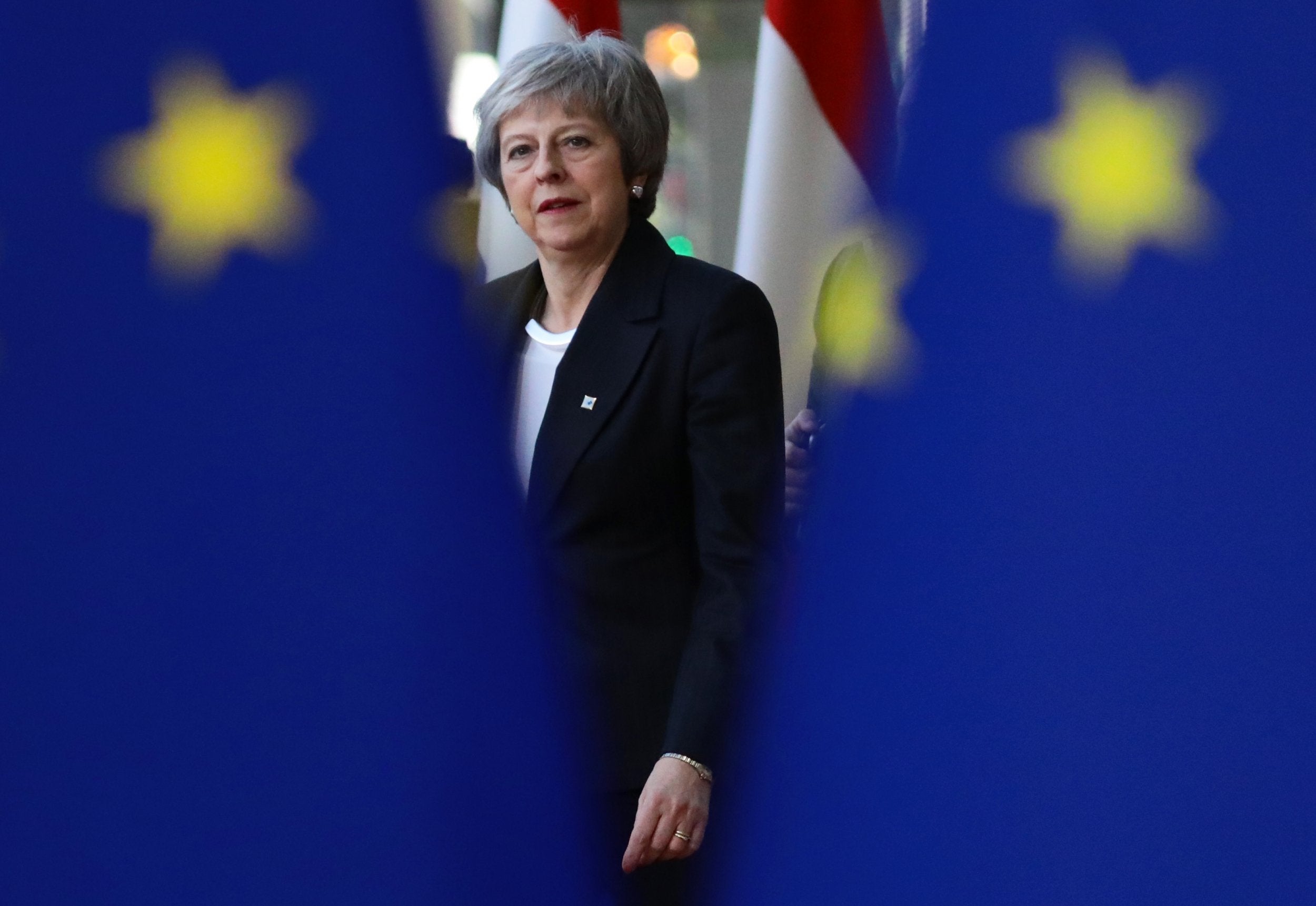What is the difference between the customs union and single market and what do they mean for Brexit?
These two core EU systems are often confused, but as Joe Watts explains, how closely the UK stays connected to either or both will affect the way the country operates in the future

The customs union and single market are two fundamental elements of the EU, and are at the heart of the Brexit debate.
But even at this late stage in the Brexit process there is confusion about them, between them and on how the different factions in parliament feel about them.
Put simply, the customs union forms a single territory for customs purposes – no tariffs are paid on goods moving about within the EU, while all EU members apply the same tariffs to goods coming in from outside the bloc.
The single market, meanwhile, seeks to ensure the free movement of goods, services, people and capital between countries by aligning regulations affecting all of these things.
But in the Brexit debate, how closely the UK links in to these two core EU systems will affect how the country operates in the future.
Whether we are in or out of the single market, for example, will be a determining factor in setting our immigration policy. The EU says that for a country to participate in the single market, and reap economic rewards from having goods and services flow freely across borders, it must accept the free movement of people.
So if we want to control immigration to a significant degree, to the extent that we set our own policy in full, it does mean leaving the single market.
And if we want to maintain an open border between Northern Ireland and the Republic, the EU have consistently argued that Northern Ireland at least must remain part of the customs union – otherwise goods that have not been subjected to the common tariff could make their way into EU territory across the Irish border.

These are just two issues emanating from the single market and customs union questions, but there are many more. To pick one – the closer a country is to both affects what kind of trade deals, if any, it can make with the rest of the world.
It is for all these reasons that both of the major British political parties have opted for middle-of-the-road Brexit policies, that seek to compromise between keeping as much of the economic benefit of these two systems as possible, whilst also seeking to satisfy the 2016 referendum result, by doing away with parts of them that have fed displeasure over EU membership.
Both Theresa May and Jeremy Corbyn have said they will leave the single market and customs union, allowing them to end immigration that is governed by the EU’s free movement principle, which so riled many of their voters.
But whereas Jeremy Corbyn has backed a new customs union with the EU, Ms May has said she wants the UK to have no part in a customs union with Europe, which would allow greater leeway to sign trade deals with other countries.
Mr Corbyn has said he wants a deal that delivers the “exact same benefits” of the single market, albeit with greater leeway for the British government to intervene in domestic industry, something restricted by the EU’s state aid rules.
Ms May meanwhile has said that after the transition period, she wants a trade deal with the EU that would leave the UK outside of the single market, but with as frictionless trade as possible. In the meantime, Britain would effectively adhere to customs union rules and single market rules during a transition which could last to December 2020 and beyond.
Whatever the outcome, the state of the UK economy, the lot of the British people and the government’s freedom to act after Brexit is likely to be directly related to the country’s links to these two critical supranational structures.
Got an unanswered question about Brexit? Send it to editor@independent.co.uk and we’ll do our best to supply an answer in our Brexit Explained series
Join our commenting forum
Join thought-provoking conversations, follow other Independent readers and see their replies
Comments
Bookmark popover
Removed from bookmarks